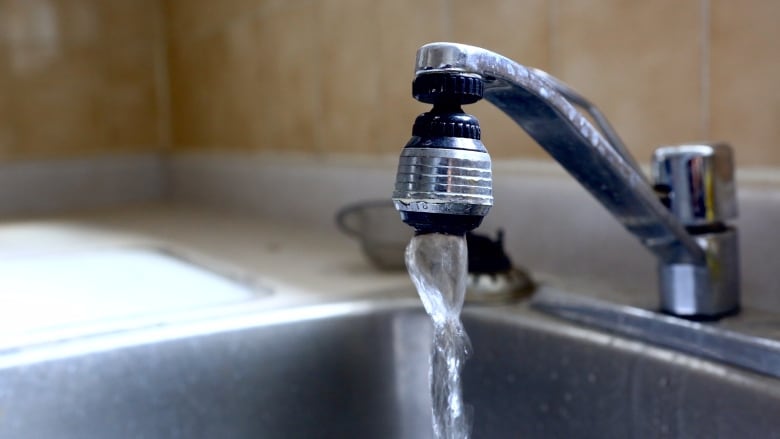Changes coming to Regina's lead pipe program after new Health Canada guidelines
If the city keeps pace with planned 2019 results, all lead pipes will be replaced before 2050

Changes are coming to the way the City of Regina manages the lead pipes that carry drinking water after changes to the Health Canada guidelines.
According to a report presented to Regina's public works committee, in the coming yearthe city plans to increase lead pipereplacements,improve construction best-practices and improve record-keeping for city and privately owned lead pipe connections.
The city will also explore the feasibility and implications of corrosion control and continue to educate the public about lead pipes.
The changes are because of a Health Canada report around drinking water quality. The report, tabled earlier this year, reduced the maximum acceptable concentration of lead in drinking water from 0.010 mg/L to 0.005 mg/L.
According to Pat Wilson, the City of Regina's director of water, waste and environmental services, the change wasn't unexpected.
"We'd been tracking what the guidelines are and that there was an intention to reduce that number," she said. "We want to protect public health. That means eliminating as many sources of lead as we can."
About 160 pipes to be replaced this year
There are still about 3,600 city-owned water service pipesthat use lead according to city records.
Through 2017 and 2018 the city replaced about 253 city-owned lead pipes. In 2019, the city is aiming to replace 160 of the pipes.
"To accomplish this, the city will develop activities to provide more options to replace City-owned lead service connections," the report to the public works committee read.
"The rate of lead service connection replacements will continue to increase as residents become more aware of options."
The city's utility capital budget includes money for water infrastructure renewal and lead pipe replacements are a portion of the work that money will cover. Residents of Regina will not see a rate increase due to the changes to thelead pipe program.
Wilson said if the city keeps pace with its planned 2019 results, it is likely that all lead service connections will be replaced by 2050.
Testing increases year-over-year
The city conducts random tests and also does optional in-home tests when requested by residents.
The documents said the city of Regina aims to have tap water tested in 50 to 100 homes a year. In 2018, 90 homes were randomly tested.
"The city's results indicated that the city should continue to enhance this program based on Health Canada's guidance," the report read.
The city fielded 84 requests by citizens for in-home testing and 14 of them conducted the tests. In 2017, the city had three people express interest in the testing.
City offers residents free filters
Some residents may be eligible for city-provided water filters and replacement cartridges that are good for one year, or a rebate of up to $100 for people who choose to buy their own.
In 2017 and 2018, the city spent roughly $28,000 on this program.
"Providing filters or a rebate for a filterdemonstrates that Regina is a caring community for all property owners, including those who are vulnerable and marginalized and who may not be able to afford lead service connection replacement," the report read.
Wilson said the city wants to get filters into people's hands, but they need to use the filters once they've got them.
"If a customer has a lead service connection on the city side, or if we can check in and see that they've got a lead service connection on the private side, we do provide the filter for free," she said.
Wilson noted there's no practical way to ensure residents get the right filter, or even get a filter, without first making a connection with people who live in affected areas.
She said part of the reason the city engages with residents is because ownership changes and filters that were once there may no longer be present.












_(720p).jpg)


 OFFICIAL HD MUSIC VIDEO.jpg)
.jpg)



























































































